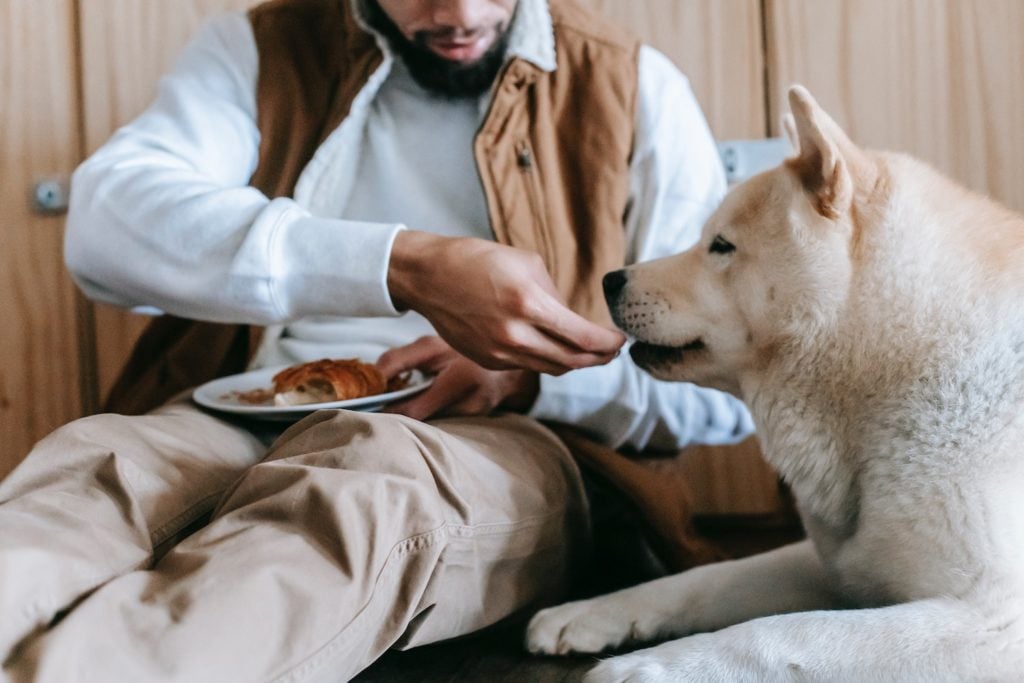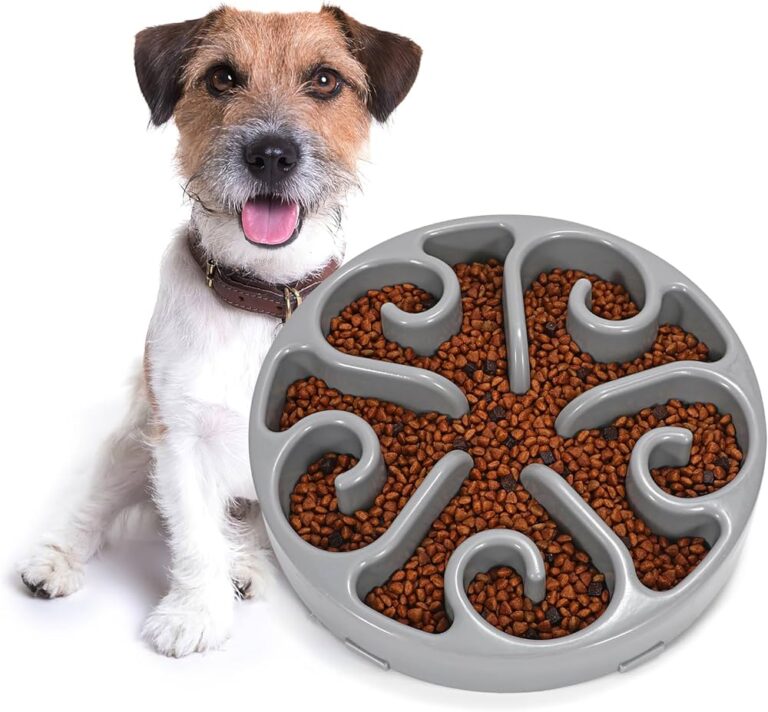Yes, a dog with bloat may still want to eat, but it is essential to monitor their behavior and refrain from giving them food or water. Canine bloat is a severe condition that requires immediate veterinary attention.
Bloat, also known as gastric dilatation-volvulus (GDV), is a life-threatening condition that occurs when a dog’s stomach fills with air and twists, causing a blockage of blood flow and potentially leading to organ damage. Symptoms may include restlessness, pacing, panting, and attempting to vomit, but in some cases, a dog with bloat may still show an interest in food.
Prompt medical intervention is critical to avoid serious consequences and ensure the best chance of recovery for the affected dog.
Understanding Bloat In Dogs
Canine bloat is a serious condition that requires immediate attention. Also known as gastric dilatation-volvulus (GDV), this condition occurs when a dog’s stomach fills with gas, fluid, or food, causing it to swell and twist on itself. Bloat can be life-threatening and requires prompt veterinary intervention to save the dog’s life. Some symptoms of bloat include a distended abdomen, unproductive vomiting, restlessness, and difficulty breathing. The exact causes of bloat are not fully understood, but factors such as rapid eating, exercising after eating, and elevated food dishes have been associated with an increased risk of bloat in dogs. Recognizing the signs of bloat and seeking immediate veterinary care is crucial in improving the chances of a positive outcome for the affected dog.
Appetite Changes In Dogs With Bloat
Appetite Changes in Dogs with Bloat: Dogs with bloat may experience sudden changes in their appetite. This condition can cause loss of appetite or disinterest in food. Additionally, some dogs may display signs of lethargy or discomfort when it comes to eating. It’s important to monitor your dog’s eating habits closely and seek veterinary attention if you notice any significant changes in their appetite.
Signs of Loss of Appetite in Dogs with Bloat: Loss of appetite in dogs with bloat can manifest as a reluctance to eat, refusal of food, or only consuming a small amount. Moreover, a dog with bloat may also exhibit signs of nausea or retching, further complicating their desire to eat. If your dog shows these symptoms, it’s crucial to seek immediate medical assistance to address the underlying issue.
Supporting Your Dog’s Appetite During Bloat
When a dog is suffering from bloat, it is common for them to lose their appetite due to the discomfort and pain associated with the condition. However, it is important to ensure that the dog continues to receive proper nutrition during this time. Dietary considerations for a dog with bloat include providing easily digestible and high-quality food, as well as frequent small meals to prevent overeating. Additionally, there are several remedies that can help stimulate a dog’s appetite, such as offering tasty, aromatic foods, hand-feeding, or using food to mask medication if necessary. By addressing the dog’s nutritional needs and appetite during bloat, you can support their overall well-being and aid in their recovery.

Credit: www.ellevetsciences.com
Frequently Asked Questions For Will A Dog With Bloat Still Want To Eat
Can Dogs With Bloat Still Eat?
Dogs with bloat should NOT eat as it can worsen the condition. Immediate veterinary care is crucial.
Are Dogs With Bloat Hungry?
Yes, dogs with bloat can appear hungry due to their attempts to relieve discomfort. It’s important to seek immediate veterinary attention to address this serious condition.
Do Dogs With Bloat Act Normal?
Dogs with bloat may initially appear normal. However, they can show signs of discomfort like restlessness, pacing, or unable to get comfortable. If your dog exhibits these symptoms, seek immediate veterinary care. Bloat can be life-threatening and requires prompt treatment.
Can A Dog Still Poop With Bloat?
Yes, a dog can still poop with bloat. However, the condition is life-threatening and requires immediate veterinary attention.
Conclusion
A dog with bloat may still want to eat, but it’s crucial to refrain from feeding them and seek immediate veterinary attention. Understanding the signs and symptoms of bloat can be life-saving for your furry friend. Remember, vigilance and quick action could make all the difference in preventing a fatal outcome.



